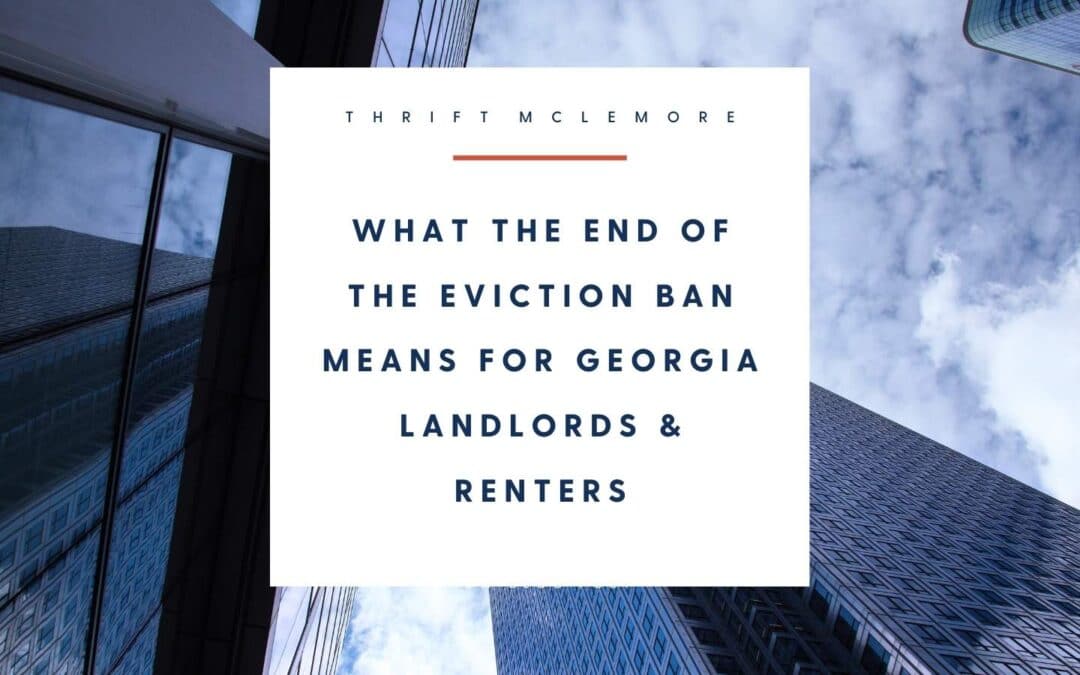After the rise of COVID-19 and the stifling of the world economy, people found themselves out of work, furloughed, or for those working hourly jobs, without any hours. This left many unable to pay rent. While the government halted all evictions for failure to pay rent for qualifying individuals, that protection is ending soon.
Unless the government extends the ban, landlords will be able to begin eviction proceedings against tenants for failure to pay rent as early as January 1, 2021.
Whether an extension will be granted is currently unclear. On the one hand, renters must be protected against being put out on the street for something out of their control. Further, evictions can force renters into less-than-ideal conditions, likely increasing their chances of contracting COVID-19.
On the other hand, landlords are also struggling. Many landlords generate most, if not all, of their income from their rental properties. This means that for most of the year, landlords couldn’t do anything to protect that income.
Without an extension, Georgia, along with the rest of the states, will face a flood of eviction proceedings. Below is a brief overview of what the eviction process looks like in Georgia.
The Eviction Process in Georgia
Most lease agreements stipulate when the landlord may begin the eviction process. In most instances, the agreements allow landlords to begin this process 7-10 days after rent was due.
Demand
To begin the eviction process, the landlord must make a demand upon the renter. This protects an innocent renter from eviction due to an oversight. If the renter fails to respond to the demand, the landlord may then go to the courts for help.
Summons
The landlord must then file an affidavit setting forth the situation with the requisite court of their county. Once the affidavit is received, the court will issue a summons to the renter. If the renter fails to appear within 7 days of being served, a default judgment is entered against them.
However, if the renter wants to pay the back rent, they must pay the full amount of rent due plus the cost of the summons within this 7-day window. While this partially protects the renter going forward, it may not completely avoid eviction.
Trial
If the renter responds within 7 days but disputes the facts alleged by the landlord, a trial is held to determine who is in the right. During the trial, the renter may still live in the home, so long as they pay the current rent.
Judgment
If the landlord prevails, either by default judgment or final judgment, a “writ of possession” (grant of eviction) and damages are awarded.
If the renter prevails, they are allowed to remain on the premises and awarded damages caused by the landlord’s actions.
We are here to help
Thrift McLemore represents both landlords and tenants in disputes and eviction processes.
Whether we are ensuring that landlords can operate successful businesses or protecting tenants from unjust evictions, we understand the legal requirements and have the experience to address each client’s unique situation.
To speak with an experienced eviction attorney today, contact our office at 678-882-0830.









